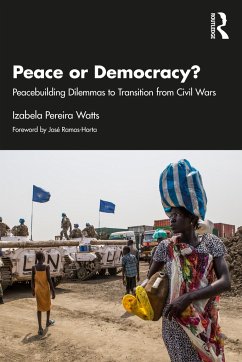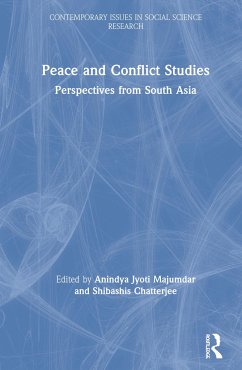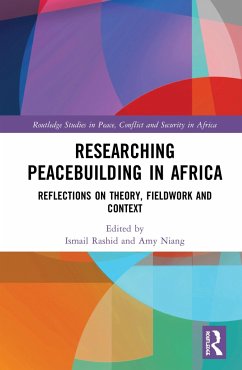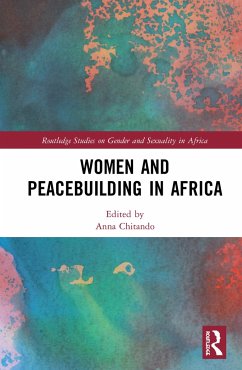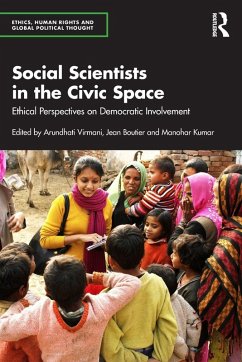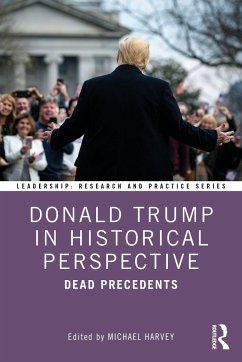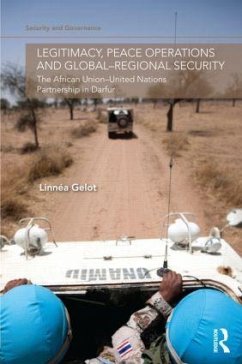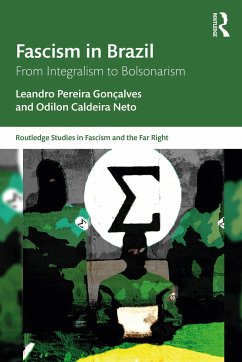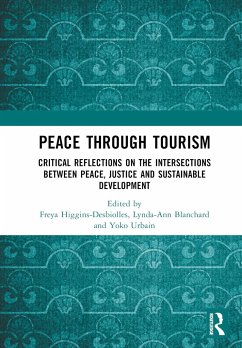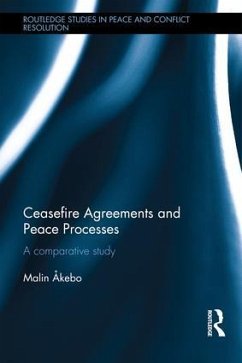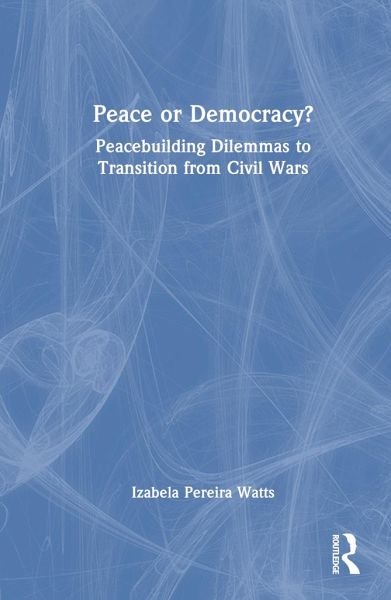
Peace or Democracy?
Peacebuilding Dilemmas to Transition from Civil Wars
Versandkostenfrei!
Versandfertig in 1-2 Wochen
168,99 €
inkl. MwSt.
Weitere Ausgaben:

PAYBACK Punkte
84 °P sammeln!
Contrary to the common belief that peace and democracy go hand in hand after a civil war, Pereira Watts argues they are in fact at a crossroads. Offering an innovative framework, based on Philosophical, Actors and Tactical considerations, Pereira Watts identifies 14 dynamic dilemmas in democratic peacebuilding, with respective trade-offs.





